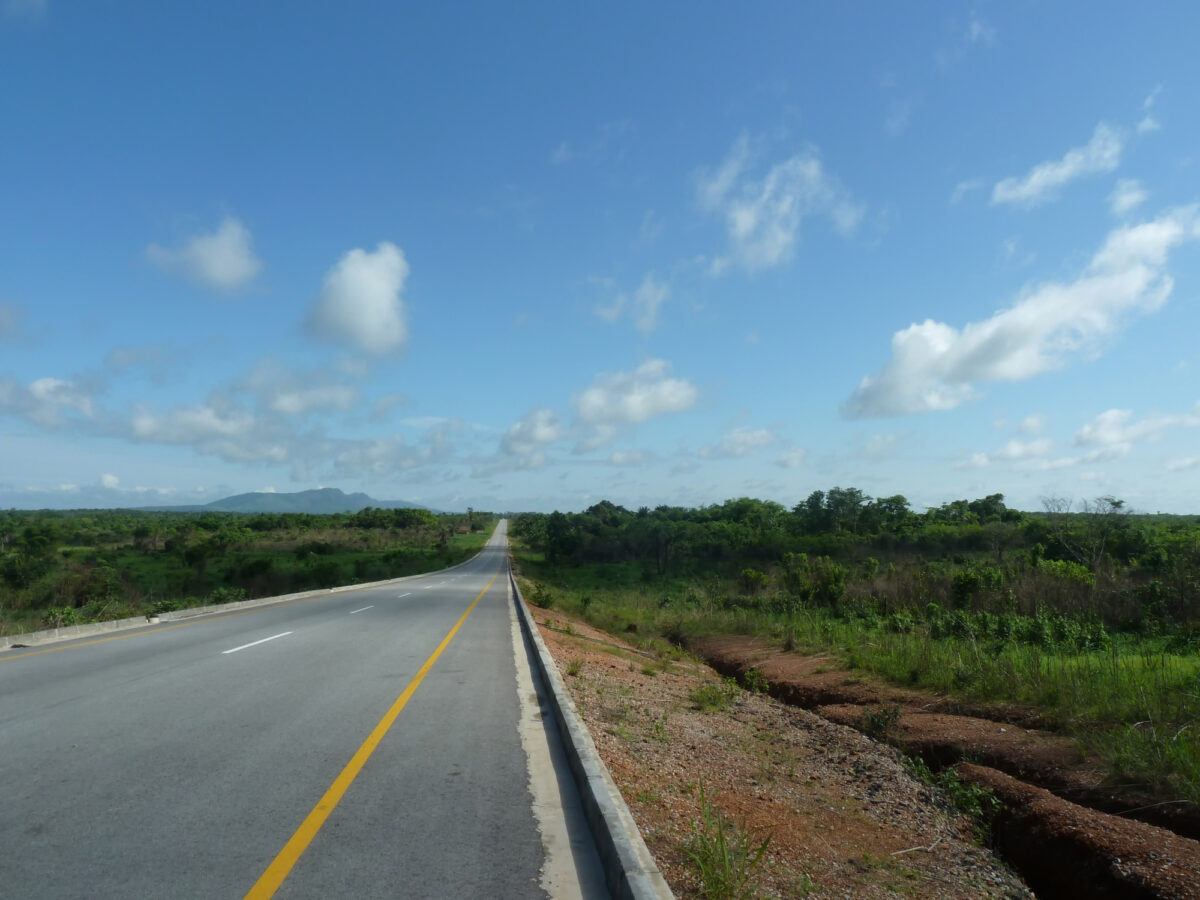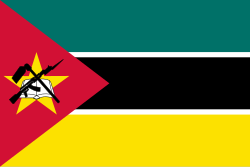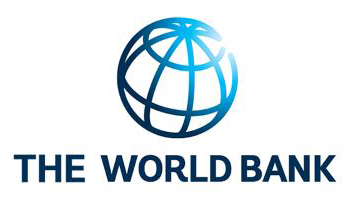
Mozambique Transport Corridors for Economic Resilience (SOP2)
Adaptation Need
The Nacala Corridor, a strategic transport corridor connecting the inland provinces of Niassa and Nampula to the Port of Nacala, plays a pivotal role in regional trade, linking Mozambique with Malawi and Zambia. As an economic corridor serving both agricultural and mining zones, its reliability is essential to economic growth, poverty reduction, and regional integration. However the corridor is increasingly affected by the compounded impacts of climate change, Recent events have demonstrated the corridor’s acute vulnerability to climate extremes. Notably, Cyclone Jude (2025) caused extensive infrastructure damage, restricting access along the key corridor for days. With only 25% of Mozambique’s road network paved and limited resources allocated to maintenance, the capacity to cope with these hazards is limited.
GCA’s Added Value
GCA is leveraging their experience, a combination of past climate risk assessments in Mozambique with adaptation solutions for road infrastructure, to inform the investment’s appraisal phase. GCA support includes climate risk screening, informing climate risk and vulnerability assessments of the road corridor and supporting economic rationale, identification and prioritization of solutions for climate resilient road design, operations and maintenance. GCA will also support capacity building for resilient transport planning at a national level through a Masterclass on Climate Resilient PPPs.

Project goals
Mainstreaming Adaptation and Resilience
GCA is supporting the World Bank and the National Road Administration (ANE) with decision-making on adaptation investments and ways to embed climate resilience measures in project implementation. Climate Risk Screening of the Nacala Corridor carried out by GCA show the total length of roads along the corridor exposed climate hazards will consistently rise in the future, with direct damages from fluvial flooding alone projected to increase by 80% compared to today’s baseline under an RCP8.5 scenario. 75% of this fluvial risk was found to be concentrated along the Nova Freixo–Nampula road section, highlighting the need for targeted interventions that address exposure and vulnerability hotspots along the corridor to ensure effective allocation of resources. Building on the risk screening, and leveraging past studies, GCA has shared key insights on benefits of proactive adaptation, to directly inform the project’s Appraisal to strengthen the case, and secure budget, for adaptation and climate resilience action under the Investment Project. GCA’s engagement in the TRACER Mozambique SOP2 provides a clear value-for-money case, leveraging prior technical analysis of climate risks in Mozambique and supporting implementation of adaptation solutions for road design, operations, and maintenance.
Expected Outcomes
GCA will facilitate effective, efficient, and sustainable outcomes on:
- 124 km of road rehabilitated with climate resilient standards.
- Improved access to transport and services for rural communities and to support agricultural production chains in the Nacal corridor basin
- Enhanced climate resilience and road safety along the Nacala corridor
Timeline
GCA Support Status
Technical Assistance Preparation
GCA Support Implementation
June, 2025
GCA Support Completion
Monitoring
Finance
Project Investment Value
Total Investment Value
IFI Investment Value
$123.30M
Other Investment Value
N/A
IFI partners
Contacts
General media inquiries
info@gca.orgRequest for information
infrastructure@gca.org